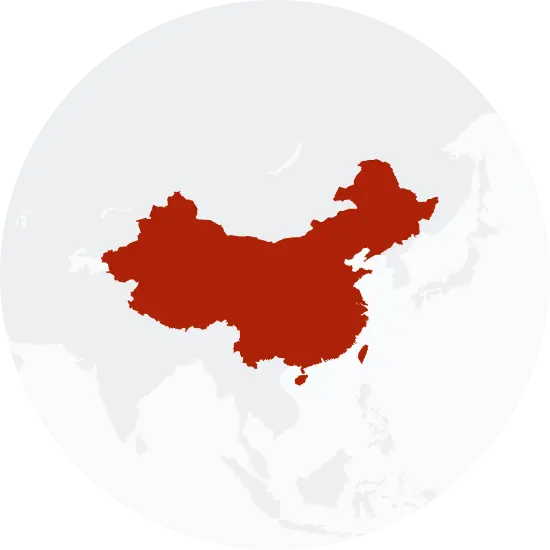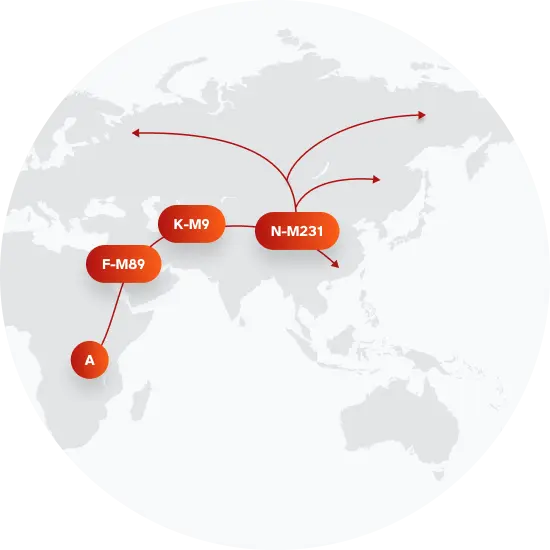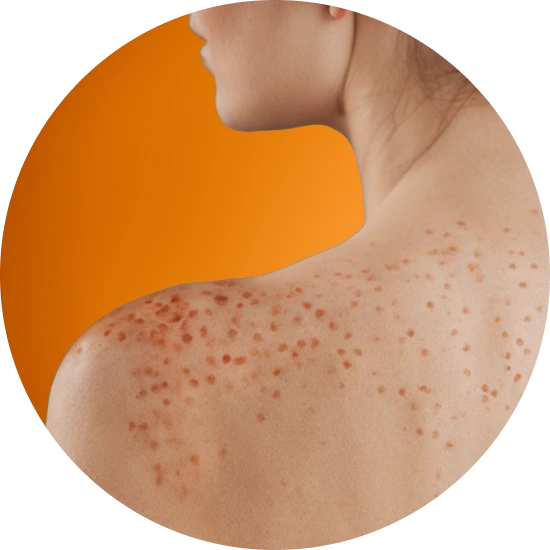Explore the Family Name Yu
How common is the last name Yu in the United States?
Based on the Decennial U.S. Census data, the surname "Yu" has seen a significant increase in popularity between 2000 and 2010. In 2000, it was ranked 874th most common surname, but by 2010, it had risen to the 658th position, marking a 24.71% climb in the ranks. Furthermore, the number of individuals with this surname also grew during this decade, from 36,285 in 2000 to 52,035 in 2010, reflecting a 43.41% increase. This surge resulted in an ascending proportion of Yu's per 100,000 people, which went up by 31.15%.
| 2000 | 2010 | Change | |
|---|---|---|---|
| Rank | #874 | #658 | 24.71% |
| Count | 36,285 | 52,035 | 43.41% |
| Proportion per 100k | 13.45 | 17.64 | 31.15% |
Race and Ethnicity of people with the last name Yu
In regards to ethnicity, the Decennial U.S. Census showed that the vast majority of individuals with the surname "Yu" identified as Asian or Pacific Islander in both 2000 and 2010, holding steady at about 96%. The proportion of Yu's identifying with two or more races decreased slightly by 4.17%, while those identifying as White remained relatively stable with a slight uptick of 0.69%. Meanwhile, the percentage of Yu's identifying as Hispanic saw a substantial relative increase of 23.21%, although the overall numbers remain quite small. There was also a minor emergence of Black and American Indian and Alaskan Native identifications within the Yu surname group over this period.
| 2000 | 2010 | Change | |
|---|---|---|---|
| Asian/Pacific Islander | 96.22% | 96.1% | -0.12% |
| Two or More Races | 1.68% | 1.61% | -4.17% |
| White | 1.45% | 1.46% | 0.69% |
| Hispanic | 0.56% | 0.69% | 23.21% |
| Black | 0% | 0.12% | 0% |
| American Indian and Alaskan Native | 0% | 0.02% | 0% |
Yu ancestry composition
23andMe computes an ancestry breakdown for each customer. People may have ancestry from just one population or they may have ancestry from several populations. The most commonly-observed ancestry found in people with the surname Yu is Chinese, which comprises 77.3% of all ancestry found in people with the surname. The next two most common ancestries are Korean (9.9%) and Chinese Dai (2.6%). Additional ancestries include Filipino & Austronesian, British & Irish, Manchurian & Mongolian, Vietnamese, and French & German.
Ready to learn more about your ancestry? Get the most comprehensive ancestry breakdown on the market by taking our DNA test. Shop 23andMe
| ANCESTRY BREAKDOWN | COMPOSITION |
|---|---|
| Chinese | 77.3% |
| Korean | 9.9% |
| Chinese Dai | 2.6% |
| Other | 10.1% |

Possible origins of the surname Yu
Your DNA provides clues about where your recent ancestors may have lived. Having many distant relatives in the same location suggests that you may all share common ancestry there. Locations with many distant relatives can also be places where people have migrated recently, such as large cities. If a large number of individuals who share your surname have distant relatives in a specific area, it could indicate a connection between your surname and that location, stemming from either recent ancestral ties or migration.
Based on 23andMe data, people with last name Yu have recent ancestry locations in China and Taiwan.
| RECENT ANCESTRY Location | Percentage |
|---|---|
| Guangdong, China | 42.80% |
| Fujian, China | 42.00% |
| Zhejiang, China | 42.00% |
| Jiangsu, China | 41.90% |
| Shanghai, China | 41.80% |
What Yu haplogroups can tell you
Haplogroups are genetic population groups that share a common ancestor on either your paternal or maternal line. These paternal and maternal haplogroups shed light on your genetic ancestry and help tell the story of your family.
The top paternal haplogroup of people with the surname Yu is N-L665, which is predominantly found among people with East Asian & Indigenous American ancestry. Haplogroup N-L665 is descended from haplogroup N-M231. Other common haplogroups include O-F8 and O-F46, which are predominantly found among people with East Asian & Indigenous American and East Asian & Indigenous American ancestry. Other surnames with similar common haplogroups are: Chang, Wu, Chen, Cheng, Wang, Zhang, Zhou, Li, Yang, Tan.
The most common maternal haplogroups of people with Yu surname are: F1a1, F2, M7b. These most commonly trace back to individuals of East Asian & Indigenous American ancestry.
 Paternal Haplogroup Origins N-M231
Paternal Haplogroup Origins N-M231
Your paternal lineage may be linked to the people of the lower Xiajiadian culture
Remains from three humans found at a site called Dadianzi in the Inner Mongolian Autonomous Region of China, belonged to haplogroup N-M231. The Dadianzi site was dated to 3,600 years old, and it also contained pottery, bronze artifacts, and burial rituals. The artifacts are from a period called the Lower Xiajiadian culture, which was a main branch of the bronze culture of northern China 4,500-3,500 years ago, primarily practiced in the West Liao-River valley. This wealthy civilization had highly developed agriculture, unique painted pottery, and other elaborate artifacts. The human remains found at Dadianzi indicate that haplogroup N-M231 made up a large proportion of the Lower Xiajiadian culture population, perhaps as far back as 12,000 years ago in northern China.
Your maternal lineage may be linked to the ancient people of the Indian subcontinent
While Haplogroup M is widespread throughout South and East Asia, it is more diverse on the Indian sub-continent than anywhere else in the world. The high degree of diversity of M in India is likely tied to its ancient arrival here nearly 50,000 years ago. In addition to M2, which is found throughout the subcontinent, there are dozens of haplogroups branching off of M that exist in India. These branches are often connected to specific regions, tribes, or ethnic groups. For example, haplogroup M18 is found among the Oraon peoples of eastern India and Bangladesh, while haplogroup M41 is common among the Pardhan speakers of eastern India, and haplogroup M31a can be found on the Andaman Islands, just off the southeast coast of India.

What do people with the surname Yu have in common?
Spoiler alert: it's complicated. People with the same last name are usually no more genetically similar than a randomly sampled group of people from the same population. That said, people with the same surname are more likely to have similar ancestries than randomly sampled individuals. The reason is the tendency of people with similar cultural or geographical backgrounds to preferentially mate with one another. That's why people who share a surname may be more likely to share traits and tendencies in common than people within the general population. Check out the percentages below to see the prevalences of tastes, habits, and traits of people with your surname compared with prevalences among 23andMe users.
Preferences
Traits
Habits
Wellness
Are health conditions linked to the last name Yu?
The short answer is that, if there is an association between surname and health, it's usually more about your ancestry than your name. Individuals with a given surname are no more genetically similar than the general population but often have similar ancestries. The populations of people associated with those shared ancestries often have sets of genetic variations, also known as alleles, in common. Some of those alleles are associated with a greater likelihood of developing certain diseases.
Disease variant frequency by ancestry
Disease allele frequencies in populations associated with the surname Yu are shown below. Important Note: not everyone with a disease allele will develop these health condition























